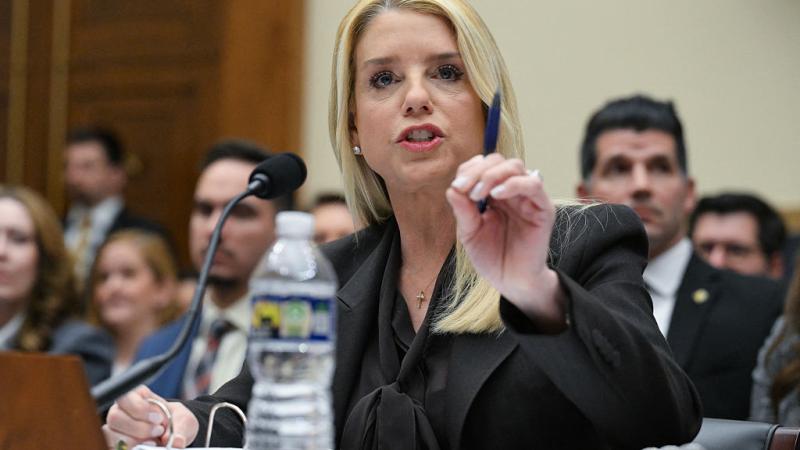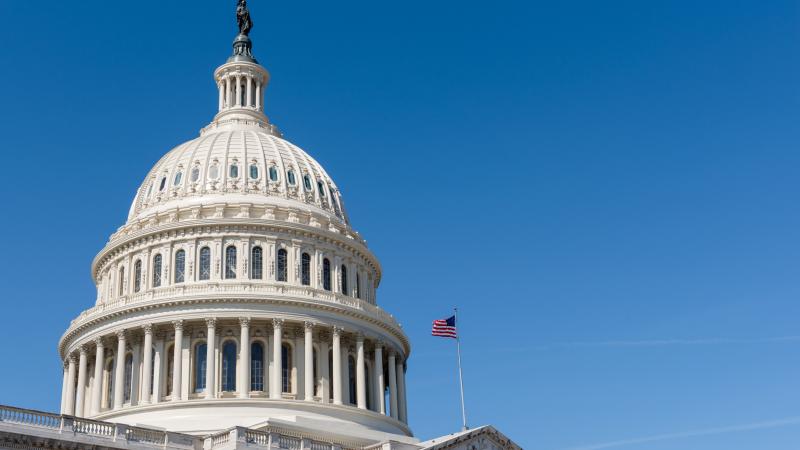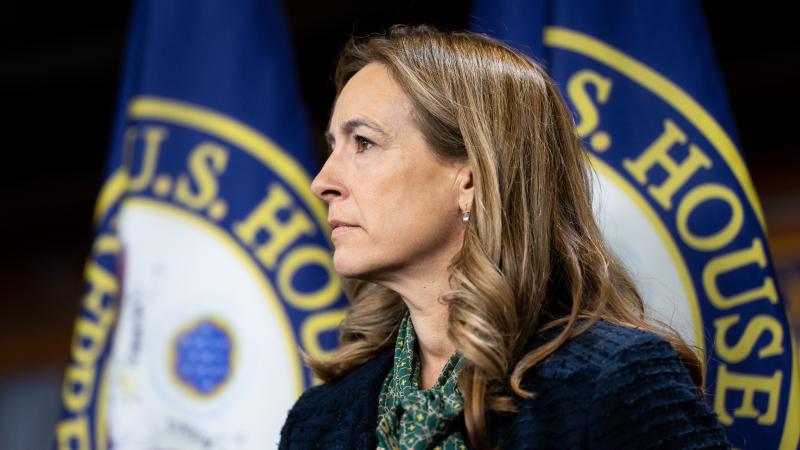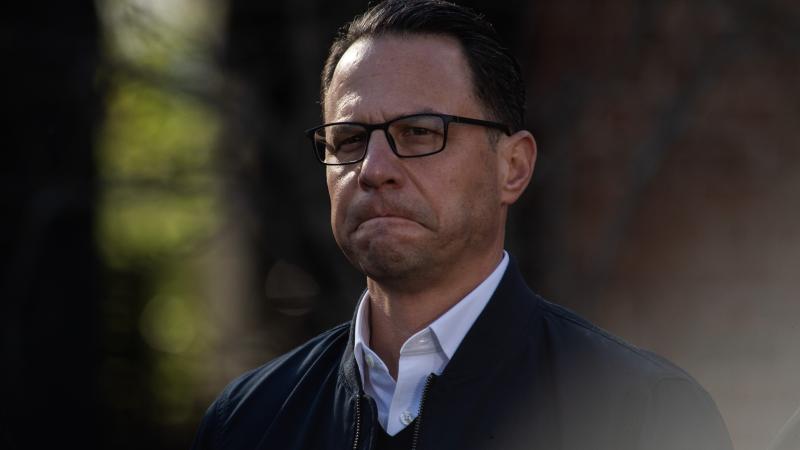Ex-Trump official says tackling cause of drug addiction, alcoholism will improve homelessness crisis
Robert Marbut said that a previous executive order Trump signed puts money into real treatment and recovery programs that address the root cause of homelessness.
A former top Trump adviser on homelessness says the root cause of alcoholism and drug addiction has to be addressed if the issue is to be eradicated.
Robert Marbut, who served as the executive director of the US Interagency Council on Homelessness under President Donald Trump from 2019 to 2021, says funds should go to treatment facilities to get people off the street who are struggling with drug and alcohol addiction.
"We call them 72-hour holds, mental health holds [or] civil holds," Marbut said on the "John Solomon Reports" podcast. "So that's part one. Part two is getting rid of these crazy so-called harm reductions. The idea that you use government money to fund drug use and somehow that makes drug addiction and substance use better...we could spend five hours just on how nutty that is."
Marbut said that a previous executive order Trump signed puts money into real treatment and recovery programs that address the root cause of homelessness.
"He had the guts to do what needed to be done," Marbut said, referencing Trump. "A lot of people have talked about it, and he just went in and pulled the trigger."
Trump on Monday announced that he would act to crack down on crime in Washington, D.C., including by deploying the National Guard.
"I'm announcing a historic action to rescue our nation's capital from crime, bloodshed, bedlam, and squalor, and worse," he said. "This is Liberation Day in D.C. and we're going to take our capital back."
During a press briefing, Trump said that his administration has already started removing homeless encampments “from all over our parks, our beautiful, beautiful parks," according to PBS.
He added that slums would also be removed.
Marbut said that compassion without accountability can backfire and sometimes that has been the case when trying to tackle the homelessness crisis.
"I'm a person of faith, and I'm also a conservative, but what I have found is that compassion without accountability leads to enablement, and if you just do compassion only without sort of working a program and treatment and recovery, you end up making things worse," he said.
Homelessness in D.C. has decreased by 9% with 478 fewer homeless people in the District, for a total of 5,138 homeless individuals, according to a Washington Post report from May.
Marbut criticized harm-reduction policies, which aim to minimize the effects of drugs on someone who is a user, saying that the programs often enable addicts.
"The crazy approach that we are going to somehow facilitate drug use for people who are addicted to or have substance-abuse disorders has just made things so much worse," he said.
Marbut said when it comes to homeless veterans, post-traumatic stress disorder is the main cause of drug abuse and alcoholism.
"When you start with dealing with post-traumatic stress and addressing that, [and] mitigating those issues, then you move into housing and the job and the employment that that works," he said. "It's common sense."














